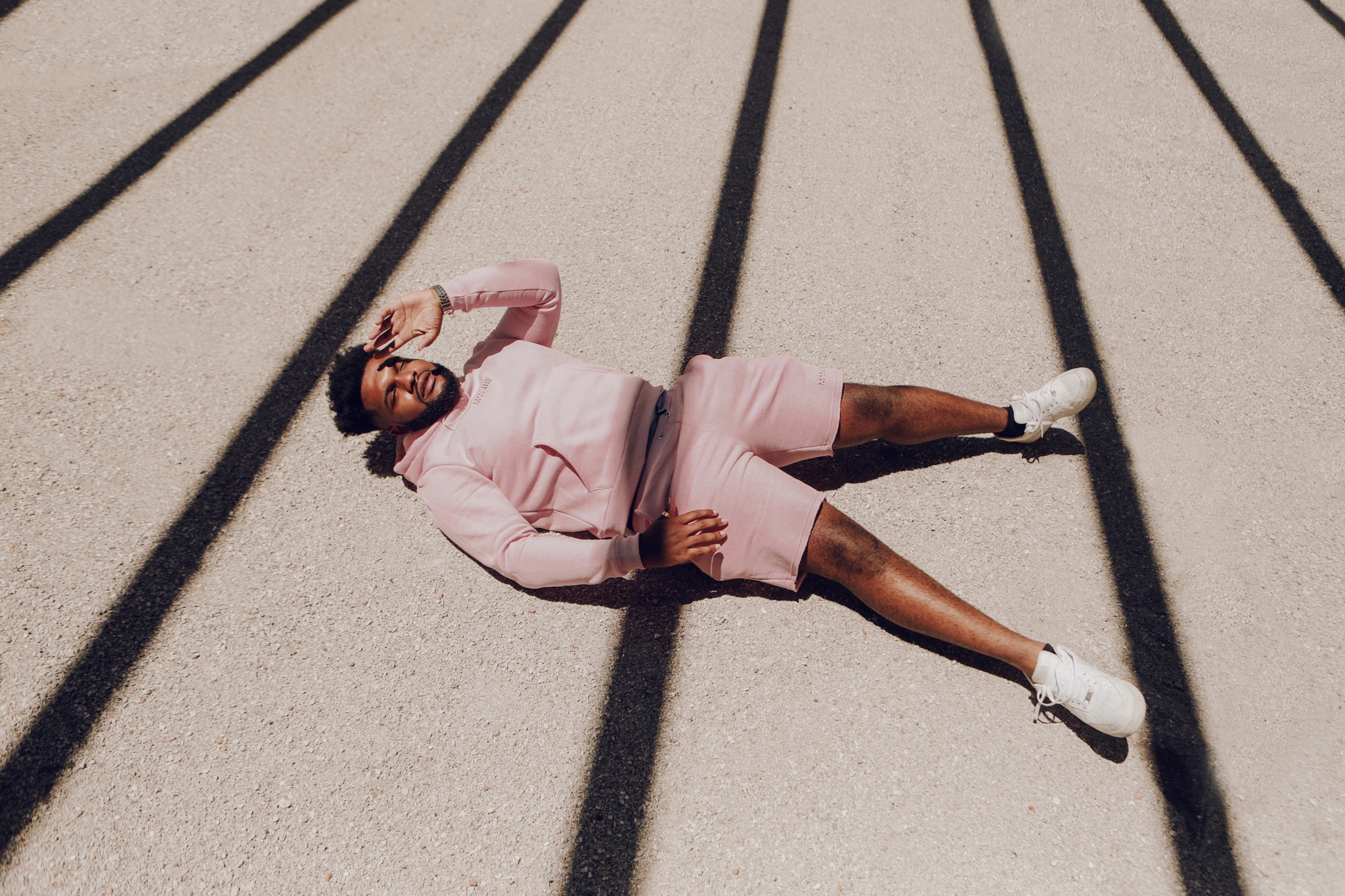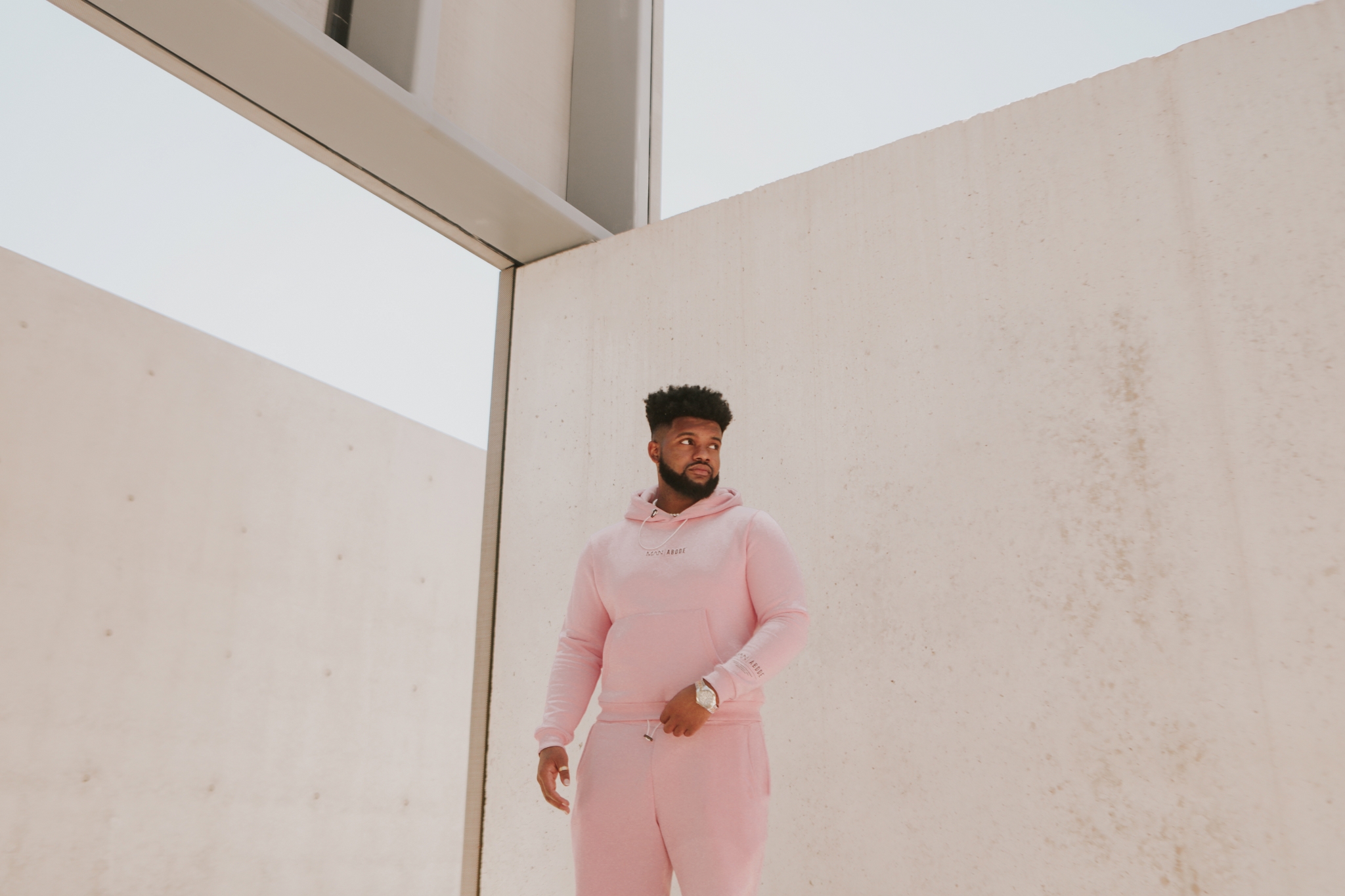Text and photos by Gabrielle Deimeke for Flanelle Magazine
Paco on His New Single I Can’t Fix You and Being Patient in Life and Love
St. Louis native Joshua Lee, better known by his stage name “Paco,” is no stranger to adversity and learning to have the patience to overcome it. From deciding to become a musician at fourteen while never having picked up an instrument before failing his audition into music school, he’s learned how to overcome challenges and push onward as an artist. We sat down with Paco and his manager Sonca Nguyen to learn about his story, how he developed musically, and all about their new single, I Can’t Fix You.
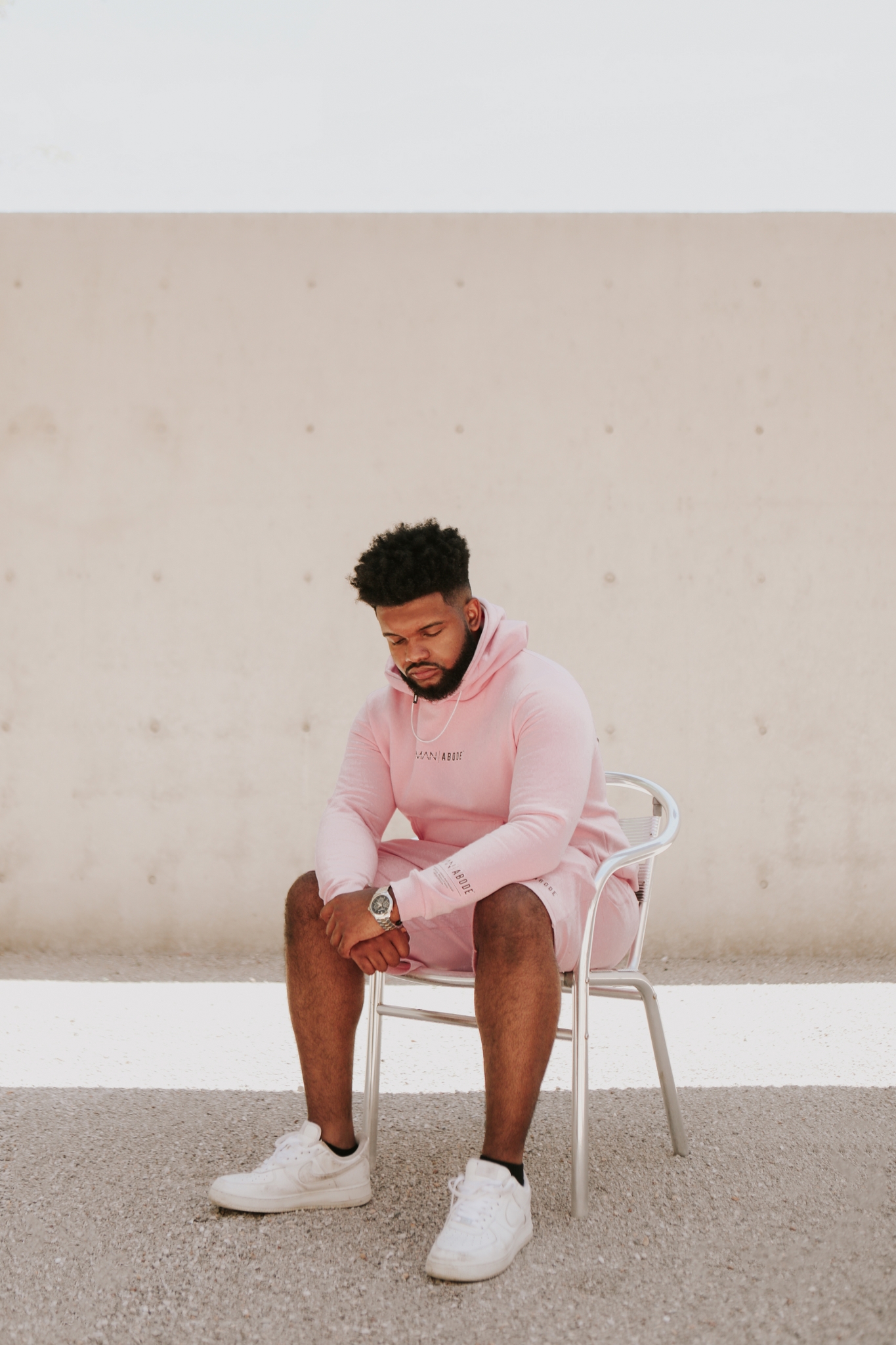
Let’s start at the beginning. How’d you get started with music?
Paco: The closest thing I grew up to music-wise was church. I never had music lessons or anything like that. When I turned fourteen, the summer after I finished eighth grade, I just felt like I could be a musician. I felt like that’s what I was supposed to do. But I had no training, no backing, nothing. So I went to Guitar Center that summer and bought every book and DVD I could find, and I filled a notebook up with notes and practiced every day.
So then I went to high school, and I couldn’t read music, but I joined the band anyway. They put me in percussion because I couldn’t play anything else. I played crash cymbals and I would watch the other guy and when his hands moved in, that’s what I would do.
Fast forward to college and I still wanted to do music. By then I picked up other instruments, but I wasn’t as proficient at it. The options were either jazz or classical. Well, I love hip hop, and so the closest I was gonna get to that was jazz. And so I tried out for Webster University’s jazz program, kind of naively, and I failed at it. I went in there and I just played. I thought it went okay but then I got a letter in the mail like nope. So I decided, okay, I’ll just build my whole course curriculum on my own that would have been the jazz program. And then I met Sonca.
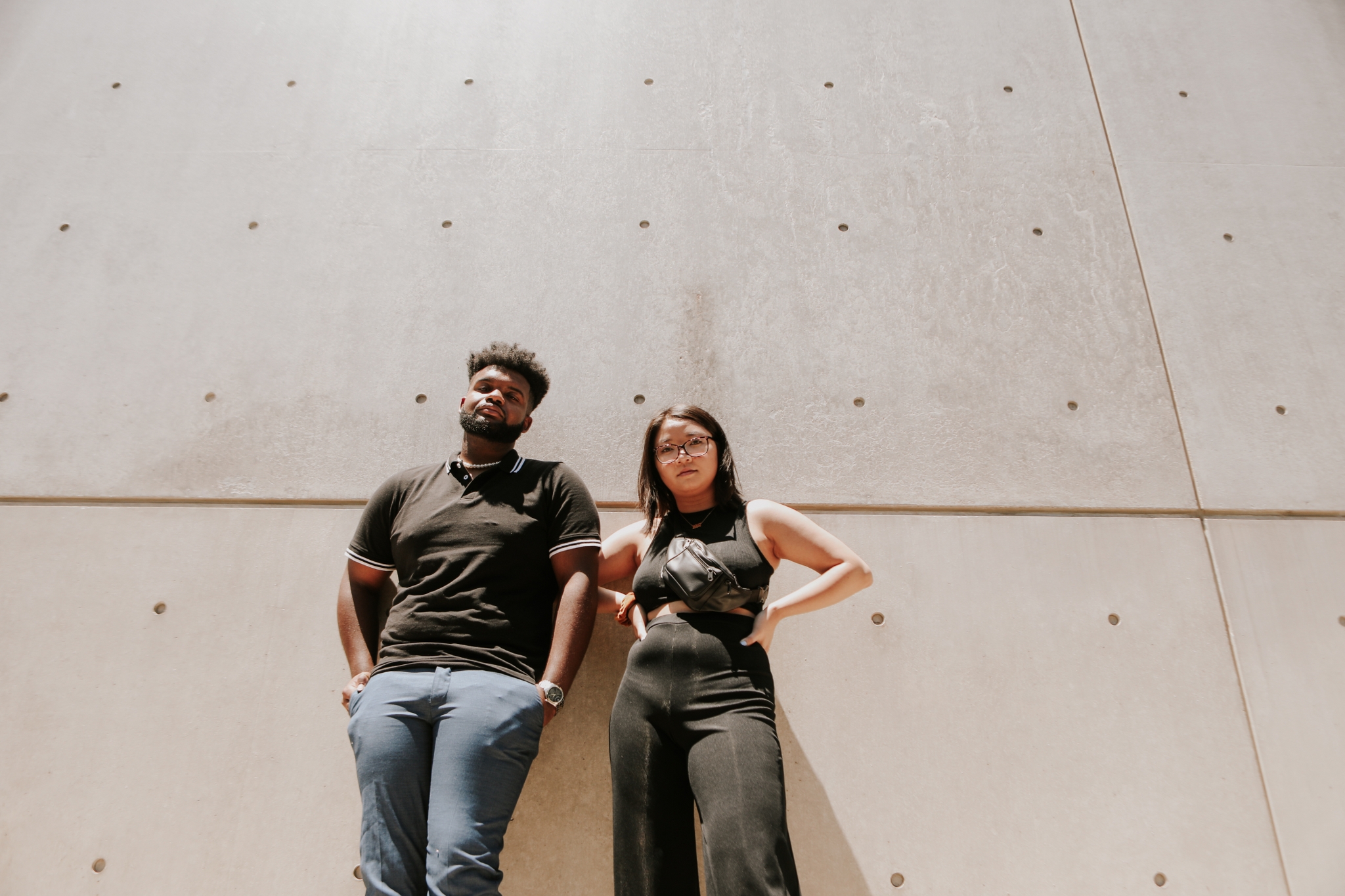
How did you two meet each other?
Sonca: It’s kind of a funny story. We were at a party freshman year. You were there playing the guitar. And I was like, “Who is this kid?” And then I never saw him again. And then my first day of senior year, I interned at Shock City Studios and Paco was there. He was like, “Sonca?!” and I was like, “Paco?” We hadn’t seen each other for the longest time. So we just started collaborating and it was just crazy. We meshed really well.
Paco: And then I met my mentor, Brian. He changed my life.
I was talking to my friends one night. And they were like, “What are you gonna do? Play multiple instruments? What do you like? You say you want to do music, but how are you going to do it? What’s your plan to get there?” And in some senses, they did have some points and other senses, I just kind of felt attacked. What I took away from it was from my friend Erica, who was in the music program at the time. She said, “You need to talk to this guy, Brian Owens.”
So I reached out to him on Facebook that night because I was like, on one hand, I feel attacked and personally hurt. But also, they had a point. I did need direction.
We met up and I told him I’m a producer. And he has a nonprofit named Life Arts where he works with kids. He brought me in to begin to produce those kids’ projects to turn their songs into compositions that the kids could take home with them. I guess I did good at it, because he gave me more stuff to do, and more stuff to do. And it turned into the point where eventually I was kind of like getting this like a and I was kind of on the payroll.
So then I told him I want to be an artist. And at first, he was like, “No, you’re not ready.”
But I took this song we’re about to release called I Can’t Fix You. That was the first song I showed him. I told him, “I put it together myself to say, look what I can do.” He took it home and listened to it in the car and he said, “Okay, it needs some work, but I see it.”
The creative process is just us talking about how we’re feeling in the moment, and then writing off of that.
So fast forward all this time later, and that’s actually what we were at Shock City Studios to do that day when I saw Sonca. We were doing a therapeutic songwriting program with kids and I was producing their projects. We talked for a few minutes and long story short, I ended up singing her some of my stuff. She loved it. She came over and we wrote and we worked really well together. We had similar goals and similar taste in music. The rest is history.
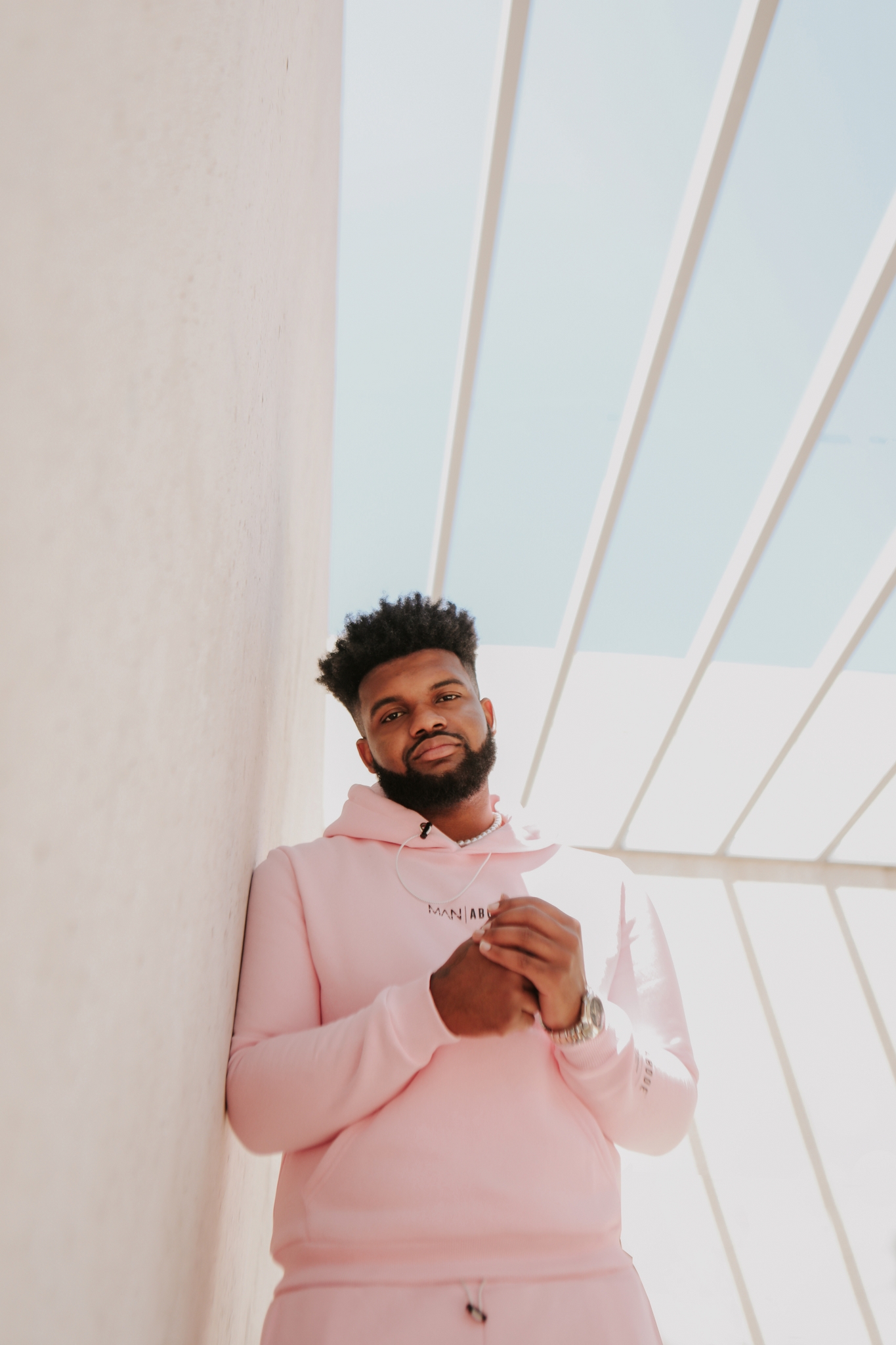
It sounds like you had many moments of different turning points in your journey. How did you take the negatives and use them to project your forward on your path rather than letting them get you down?
Paco: What was interesting is I think I’ve learned that mindset and those coping skills now. But I didn’t have it at the time. All I knew was, I feel like I’m supposed to do music. I could have gotten a million rejection letters, but I wasn’t gonna stop. A million friends could have left me. But the greatest advantage I have is that my parents believed in me. Having them in my corner was my greatest advantage. Otherwise, whatever faculty, friends, whatever they had to say, it was inconsequential to me.
So we have to ask, where did the name “Paco” come from?
Paco: There were like five Joshes in my class and it was a small school. And I’m like, there are too many of us. I’m going to pick something people can’t forget.
Tell us about your first single Cold Love, about how you wrote it, and how it came together.
Paco: For me, it’s hard to get words without music. So for Cold Love, I knew I wanted something sultry. I listened to Suffer by Charlie Puth and it reminded me a lot of Alicia Keys too. And I had these chords I loved and I started with that rhythm. So I had this synth sound kind of like the style of Louis the Child, and I just built on that.
Lyrically, I was really depressed and I was going through it. I hadn’t dated in years and I felt like I was waiting for something. It’s hard because it is about being patient but also you’re suffering and trying to be patient but patience produces value in the end. So it’s like I’m waiting for the right person and the right kind of love. But it is hard to wait. I always try and find a deeper meaning and relate my experiences to my lyrics.
Tell us about the reception that you’ve gotten from Cold Love so far.
We were so excited. Our goal was to get past 1,000 streams on Spotify, and we hit 10k in the first month, and that was awesome. We’re donating the proceeds for the first three months, so that was really exciting that we’ve raised $600 so far.
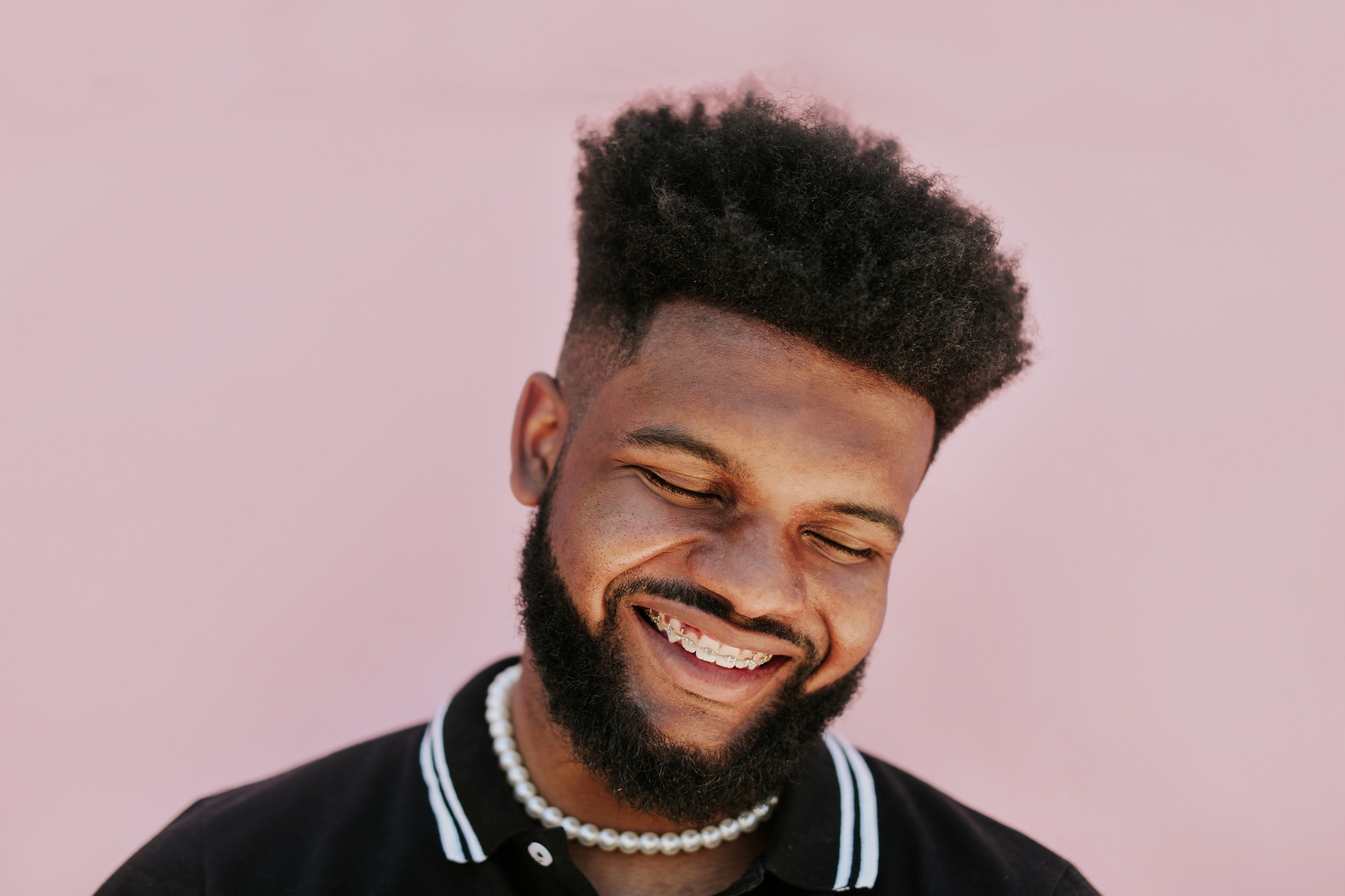
How do you guys develop songs together?
Sonca: When I was in New York, we’d mostly FaceTime. We’d develop songs like that together and tossed voice memos back and forth with ideas. So yeah, it’s kind of crazy. We made some really really good songs through FaceTime and when I came back to St. Louis for quarantine, I was like, “We have to meet up in person, because if we’re doing this very well on FaceTime, imagine what we could do in person.” The creative process is just us talking about how we’re feeling in the moment, and then writing off of that. We write every other day, if not every day.
Paco: Sometimes the melody is first, it just depends.
Sonca: He’s the melody king. He’s just great at coming up with melodies on the spot.
Tell us about your newest single I Can’t Fix You.
Paco: It’s about someone I was involved with my freshman year, and for me it got toxic. My mom said to me, “She’s really pretty and sweet, but you’re losing yourself.” And I realized she was right. And my depression was surfacing and I didn’t really know what it was. So I’d wake up at three in the afternoon and miss all my classes, and stay up with her all night and take care of her problems. And in my mind that was love, and in some sense, sacrifice is love, but I didn’t love myself. So it was just me realizing, “I can’t fix you. But I’m here and I want to support you, I just can’t take on that responsibility.”
How did Crush Records come about?
Sonca: It wasn’t intentional for us to have a record label. We pitched the idea of making Cold Love to Brian Owens, and he was like, “Okay so you guys are starting a record label?” And we were like, “Wait a second, what?” But it really kind of made sense, because we were doing everything for Cold Love like a record label would, so it happened. We talked about it in January and launched in March, and we’re just so excited. We have a lot of songs written and produced, so we’re thinking of an EP and I want to go on tour so bad, so we’re manifesting it.
How have you seen yourself evolve over this whole process?
Paco: The keyword for me is patience. Some of these songs I’ve had for two years. And I kept telling Brian, “I’m an artist, I want to do this.” and he kept telling me, “You’re not ready yet.” At the time, I was 19 or 20 and thinking, “I’m old, I’m losing my youth,” but what I didn’t realize is that I was kind of trash at the time. So after two years of Brian helping me grow in ways I didn’t see, and he would say, “It’s not because you’re not talented. In part, it’s because of who you are as a person. There’s growth that has to happen, and I want to make sure that you’re ready for this.” And now it’s happening, and it’s crazy. And I just want to say on the record a huge thank you to Sonca. She’s my rock and my hero and she believed in me from day one. We’re first generation minority business owners. It’s amazing.
Sonca: I’ll take care of you, and you take care of me.
You can follow Paco on Instagram here and Sonca on Instagram here, and stream Paco’s singles Cold Love here and I Can’t Fix You here.
